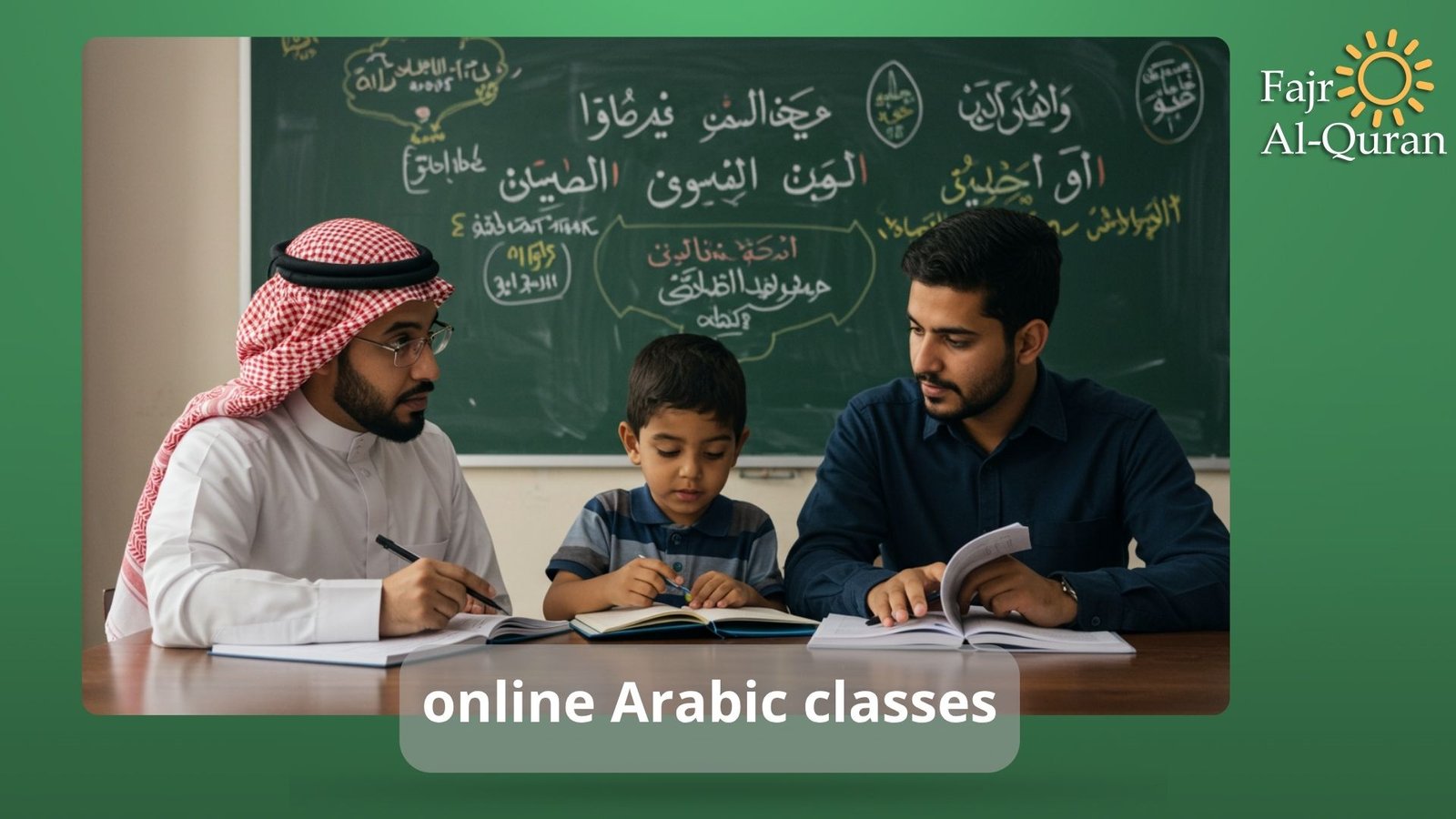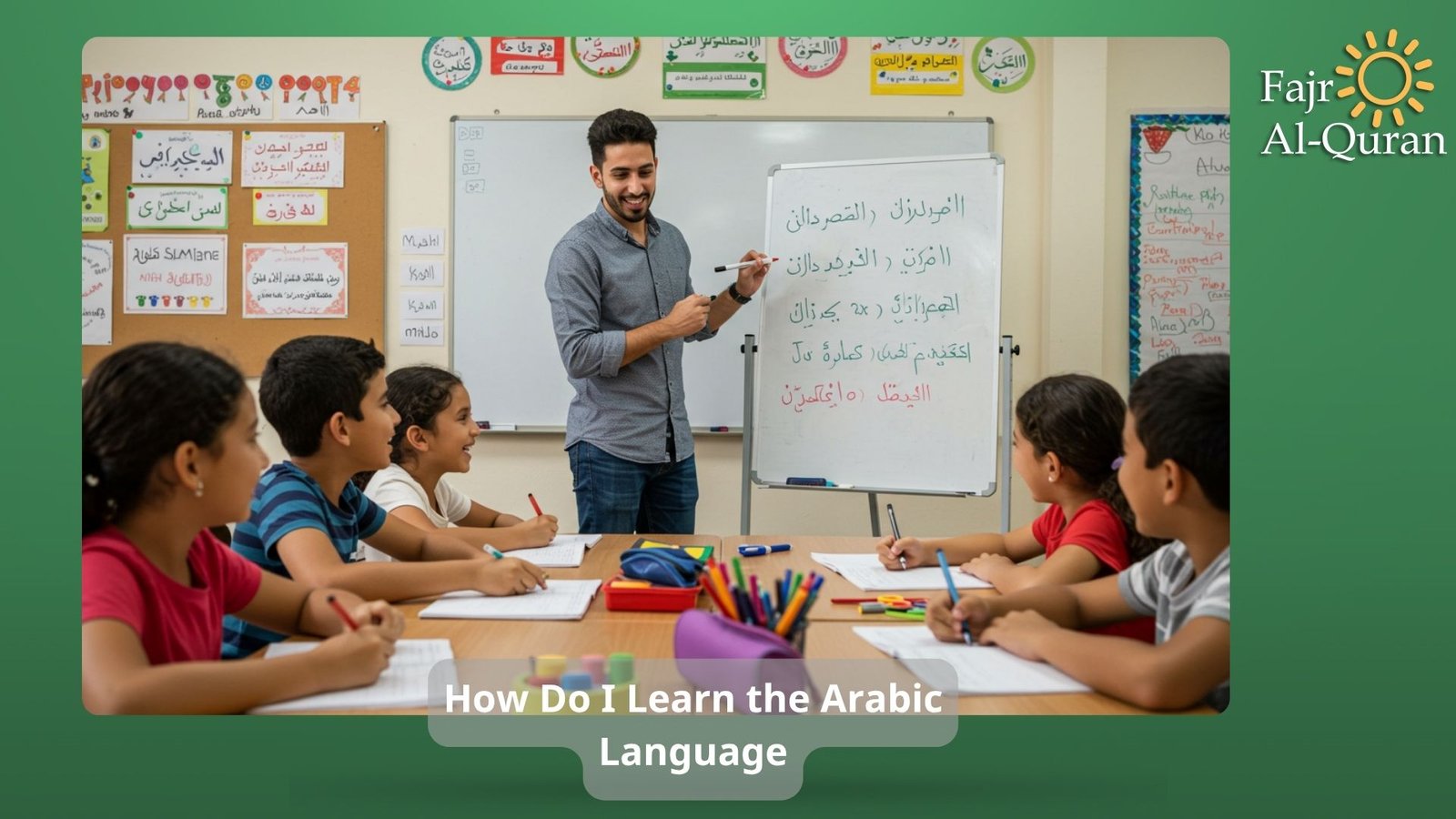Learning Arabic has become one of the most rewarding skills you can acquire today. Whether you are driven by religious motivation, business opportunities, travel plans, or cultural curiosity, the demand for online arabic classes has surged worldwide. Thanks to the flexibility and accessibility of digital education, mastering Arabic is no longer limited by geography or time constraints. This comprehensive guide will walk you through the numerous advantages of online Arabic classes, what you can expect from them, and how to select the perfect course tailored to your personal goals.
Why Choose Online Arabic Classes?
In today’s fast-paced world, finding time for traditional language classes can be challenging. This is where online Arabic classes truly shine. They provide unmatched flexibility, allowing learners to study Arabic at their own pace and on their own schedule. Whether you are a busy professional, a student, or a homemaker, online Arabic classes enable you to learn without disrupting your daily routine.
Another key reason to opt for online Arabic classes is the wide range of options available. Unlike conventional language schools limited by location, online platforms connect you with native Arabic speakers and certified instructors from across the globe. This exposure to authentic accents and real-life conversational skills enhances your learning experience significantly.
Moreover, online Arabic classes often incorporate modern educational tools such as interactive whiteboards, multimedia presentations, and real-time quizzes, making lessons engaging and effective. These classes also tend to be more affordable than in-person courses, as they eliminate expenses like commuting and printed materials.
Key Benefits of Online Arabic Classes
The benefits of enrolling in online Arabic classes extend far beyond convenience. One of the greatest advantages is accessibility. Whether you live in a bustling city or a remote village, all you need is a reliable internet connection to start learning Arabic. This democratization of language education means that no one is left behind.
Flexibility is another standout benefit. Many online Arabic classes allow you to choose lesson times that fit your lifestyle, be it early mornings, late evenings, or weekends. This is perfect for learners juggling work, family, or other commitments.
Customization is also a major plus. Online programs often assess your current level and tailor lessons to suit your unique learning style and goals. Whether your focus is conversational Arabic, Quranic studies, or formal Modern Standard Arabic, there is a course designed specifically for you.
Additionally, the abundance of digital resources—ranging from vocabulary apps to interactive grammar exercises—complements the structured lessons provided by your instructor. This comprehensive approach helps reinforce your knowledge and accelerate progress.
What to Expect From Online Arabic Classes
When you sign up for online Arabic classes, expect a well-rounded, immersive learning experience. Courses typically begin with the Arabic alphabet, which is foundational to reading, writing, and pronunciation. From there, lessons progress methodically to cover essential vocabulary, grammar rules, and sentence structure.
Most programs blend different teaching methods to keep students engaged. You’ll find a combination of live video sessions, pre-recorded lectures, and interactive assignments. Many online Arabic classes also provide forums or chat groups where you can practice conversational skills with peers, ask questions, and receive feedback.
Regular assessments and quizzes are standard, ensuring you retain what you’ve learned and helping instructors identify areas where you may need extra support. Additionally, pronunciation practice is often emphasized through audio recordings and one-on-one speaking sessions with native tutors.
Advantages of Online Arabic Classes at a Glance:
- Full flexibility to schedule lessons around your life
- Direct interaction with qualified native-speaking teachers
- Courses that cater to different dialects and proficiency levels
- Use of cutting-edge digital tools for interactive learning
- Personalized lesson plans based on your progress and goals
- Cost-effective alternatives compared to traditional language schools
How to Choose the Right Online Arabic Classes for You
Selecting the best online Arabic classes requires careful consideration. Start by defining your primary motivation for learning Arabic. Is your goal to read and understand the Quran? Do you want to improve your conversational skills for travel? Or are you pursuing Arabic for business or academic purposes?
Next, research potential platforms. Look for courses with clear syllabi, transparent pricing, and verified credentials for instructors. Reviews and testimonials from past students provide valuable insights into the quality of teaching and overall user experience.
Consider the technical aspects too. A smooth, user-friendly website or app, good video and audio quality, and responsive customer support contribute significantly to your learning comfort.
Don’t forget to check if the platform offers trial lessons or money-back guarantees. This allows you to test their teaching style and course structure before committing long-term.

Deep Dive: Learning Quranic Arabic Online
Why Quranic Arabic Is Unique
Many learners interested in online Arabic classes seek to deepen their understanding of Quranic Arabic. This form of Arabic is distinct from the Modern Standard Arabic used in daily communication. It involves classical grammar, unique vocabulary, and precise pronunciation rules.
Courses focused on Quranic Arabic emphasize the rules of Tajweed, which govern the correct recitation of the Quran. They also delve into morphological analysis and contextual interpretation, enabling learners to appreciate the depth and beauty of the Quranic text.
By choosing specialized online Arabic classes for Quranic studies, students gain access to expert instructors who are well-versed in both Arabic linguistics and Islamic sciences. This combination enriches the learning experience and supports spiritual growth.
Final Thoughts
Mastering Arabic through online Arabic classes offers a flexible, affordable, and comprehensive path for learners worldwide. With the right course, dedication, and resources, anyone can achieve fluency and deepen their connection to the language and culture.
Don’t wait to embark on your Arabic learning journey. Sign up today for online Arabic classes and Quran classes tailored to your level and goals, and experience the convenience of learning from home with expert guidance.
Start your Arabic adventure now by joining FajralQuran’s community. Their expertly designed online Arabic classes offer flexible schedules, qualified teachers, and a curriculum that suits every learner’s needs. Unlock the beauty of Arabic and Quranic studies with FajralQuran—your trusted partner in language mastery.








